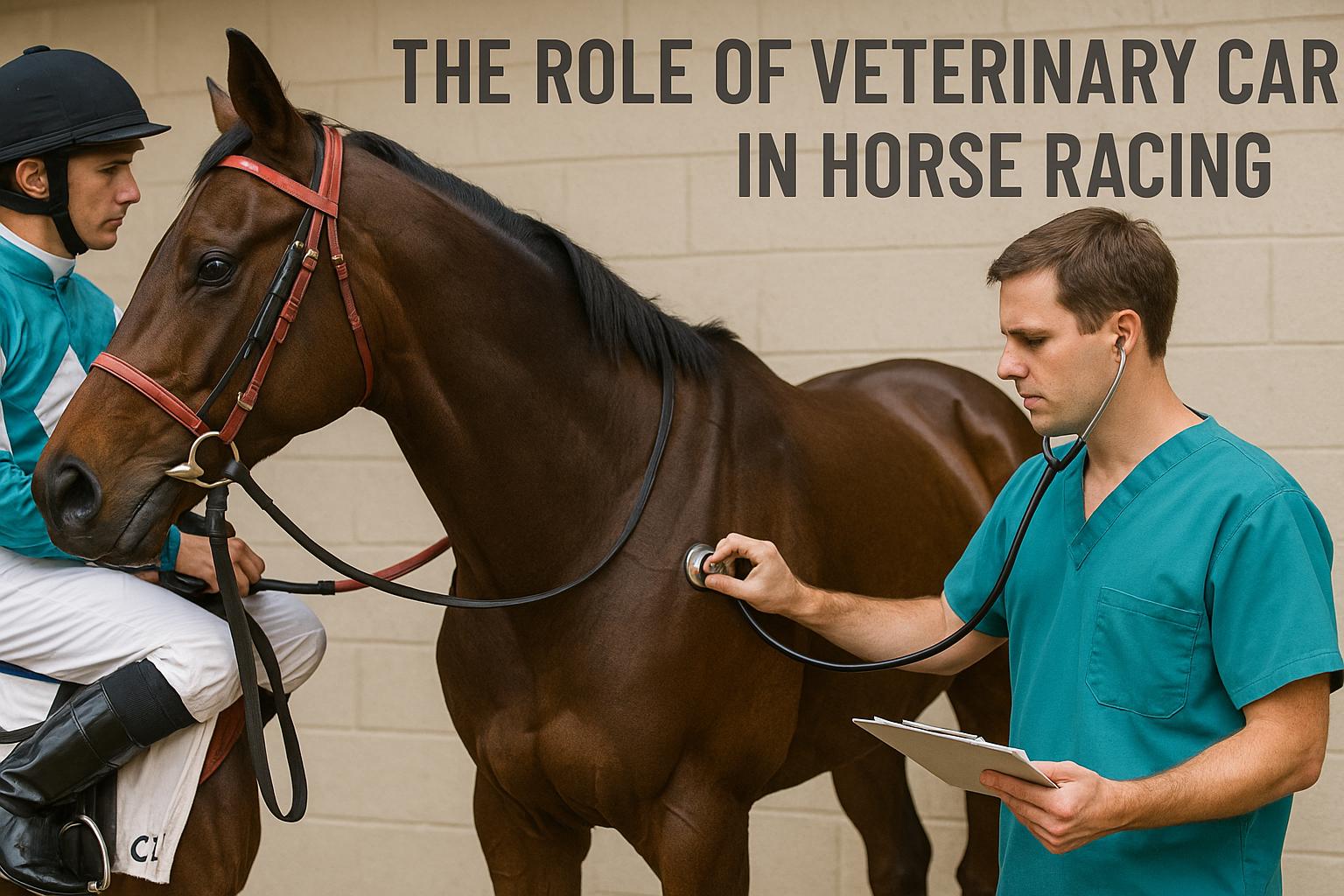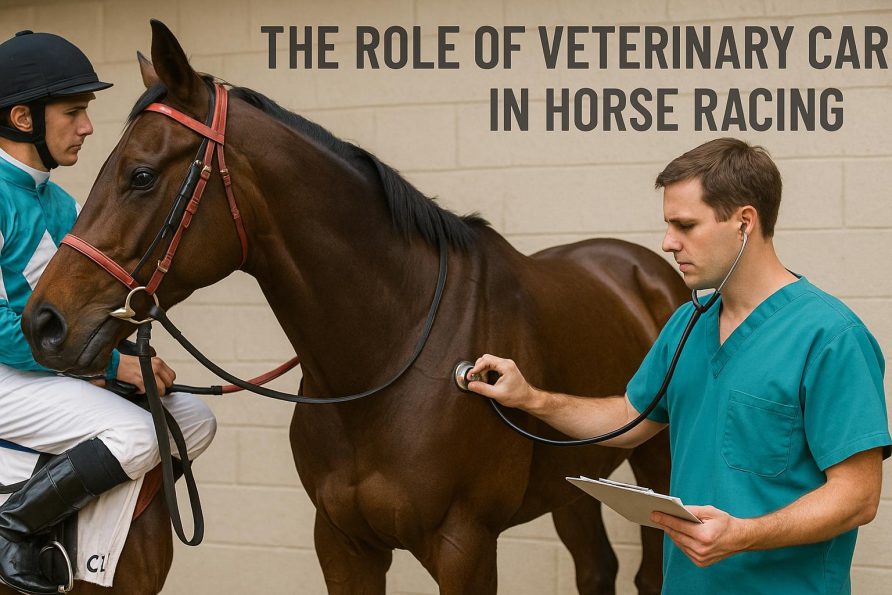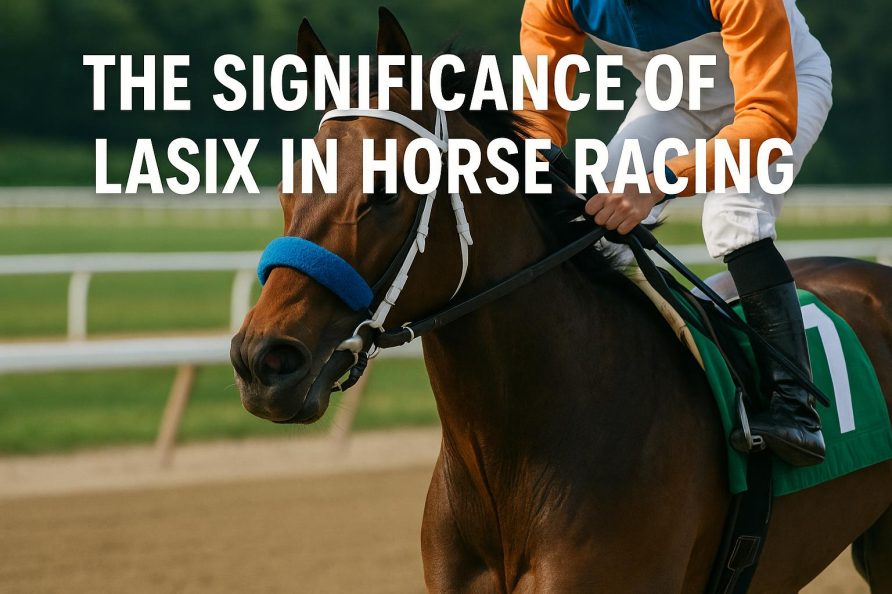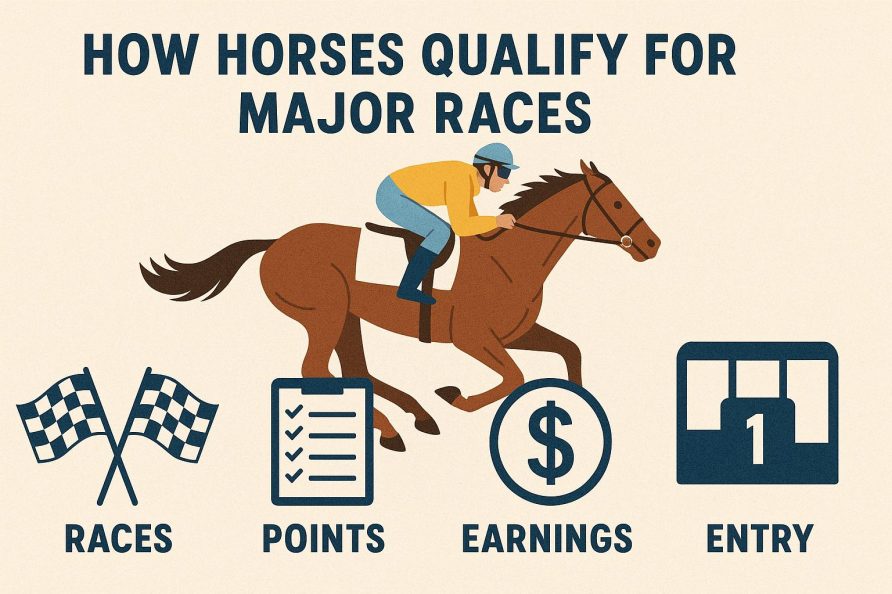The Importance of Veterinary Care in Horse Racing
The role of veterinary care in horse racing is absolutely crucial. This care ensures the well-being of the horses and maintains the integrity of the sport. It’s essential to recognize that racehorses are akin to athletes, subject to intense physical demands, which necessitates rigorous and appropriate veterinary oversight.
Routine Health Assessments
Regular health assessments serve as the cornerstone of effective veterinary care in horse racing. These assessments allow for the early detection of potential health issues, facilitating timely interventions. Veterinarians carry out comprehensive evaluations covering various aspects of the horse’s health. Among these are respiratory function, cardiovascular health, and musculoskeletal condition—factors critical to a racehorse’s performance and well-being. For those seeking more thorough equine care guidelines, the American Association of Equine Practitioners provides valuable resources.
Injury Prevention and Management
Preventing injuries before they occur is a central focus of veterinary care within the racing industry. Veterinarians develop and implement strategies designed to minimize injury risks. These strategies include the design of appropriate training and conditioning programs tailored to each horse’s individual needs. Despite these preventive efforts, injuries can still occur. In such instances, immediate and professional management is imperative. Practitioners employ techniques like physiotherapy, medication, and, in some cases, surgical intervention to ensure effective recovery.
Nutritional Management
The diet of a racehorse directly influences its health and performance levels. Veterinary professionals work closely with equine nutritionists to craft personalized dietary plans that cater to the unique needs of each horse. Meticulous nutritional management contributes to enhanced performance, assists in maintaining optimal weight, and helps prevent common issues such as ulcers or colic, conditions that can adversely affect a horse’s racing capabilities.
Advancements in Veterinary Technology
Modern advances in veterinary technology have revolutionized the care racehorses receive. Diagnostic tools such as MRI, CT scans, and digital radiography enable veterinarians to achieve more accurate diagnosis and develop effective treatment plans. These technologies allow practitioners to monitor a horse’s health with greater precision and make informed decisions regarding their care needs, ultimately leading to improved outcomes.
The Ethical Aspect
The provision of veterinary care in horse racing also involves important ethical considerations. It is an ethical imperative to ensure the humane treatment of these animals, and this consideration serves as a guiding principle in veterinary practice. Numerous associations and regulatory bodies are responsible for establishing guidelines that promote animal welfare and uphold ethical treatment standards within the industry. For additional insight into these ethical guidelines, visit the American Veterinary Medical Association.
In conclusion, veterinary care remains a critical component of the horse racing industry. It encompasses an array of facets, including regular health checks, injury management, and nutritional oversight, all heightened by the integration of cutting-edge technologies. Furthermore, this comprehensive care operates within a framework of ethical standards. Such thorough and dedicated care not only boosts racehorse performance and extends their racing careers but also safeguards their overall welfare, ensuring they’re treated with the dignity and respect they deserve.





